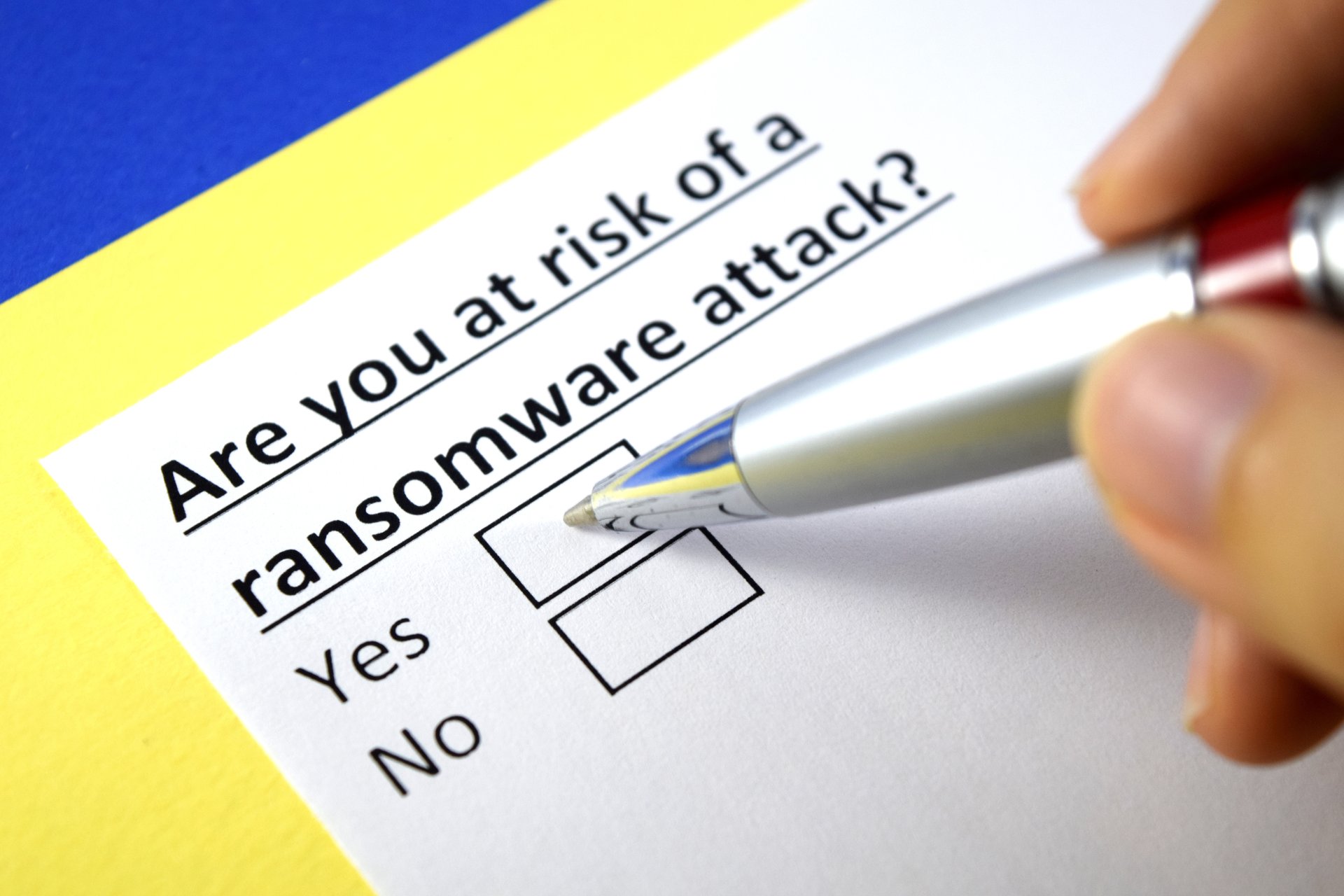
Ransomware might be a relatively new threat to the cybersecurity landscape, but it’s already seemingly commonplace.
This breed of malicious software, or malware, has attacked businesses, individuals, law enforcement and even nonprofit entities like hospitals. It locks down computers or files and demands a ransom.
CBS News recently reported that Washington, D.C., traffic and security cameras were disabled eight days before the presidential inauguration and held for ransom:
…hackers breached traffic and security cameras around Washington, D.C. The cameras were part of the security setup for the inauguration and were being monitored at an FBI command center.
There are 187 cameras in the city — monitoring everything from the White House to the Capitol to the inaugural parade route — and about 70 percent of them had been commandeered.
The cameras were taken offline for 48 hours and reconfigured, so they were operational for the inauguration and no ransom money was paid. But many ransomware victims aren’t so lucky.
Here are two keys to protecting your computer.
Watch what you click
Being wary of what you click on is key to avoiding ransomware contamination, as it often infects computers after users click on something they shouldn’t.
For example, the cybersecurity company Malwarebytes recently reported in its 2017 State of Malware Report that last year malware was heavily distributed via:
- Phishing emails
- Compromised websites
- Malicious ads
The FBI previously has warned against clicking on email or attachments you don’t recognize.
If you get an email about a package or bank account, for example, and are unsure whether it’s legitimate, log into the retailer’s or bank’s website directly rather than clicking on links in an email.
If you are unsure whether a website is safe, check out “5 Free Tools That Identify Secure Websites.”
Back up your files
Having a backup of your computer files is key to avoiding losing them or paying for their safe return.
If your computer becomes infected with ransomware but you have a copy of your files elsewhere, you should have the option of taking your computer offline and reformatting it similarly to what the FBI did with its cameras. Even if your computer isn’t salvageable, you will still have your file to access by other means.
For more cybersecurity tips, check out “5 Easy Steps to Keep Your Computer and Tech Safe in 2017.”
Have you encountered ransomware? Let us know below or on Facebook.




Add a Comment
Our Policy: We welcome relevant and respectful comments in order to foster healthy and informative discussions. All other comments may be removed. Comments with links are automatically held for moderation.